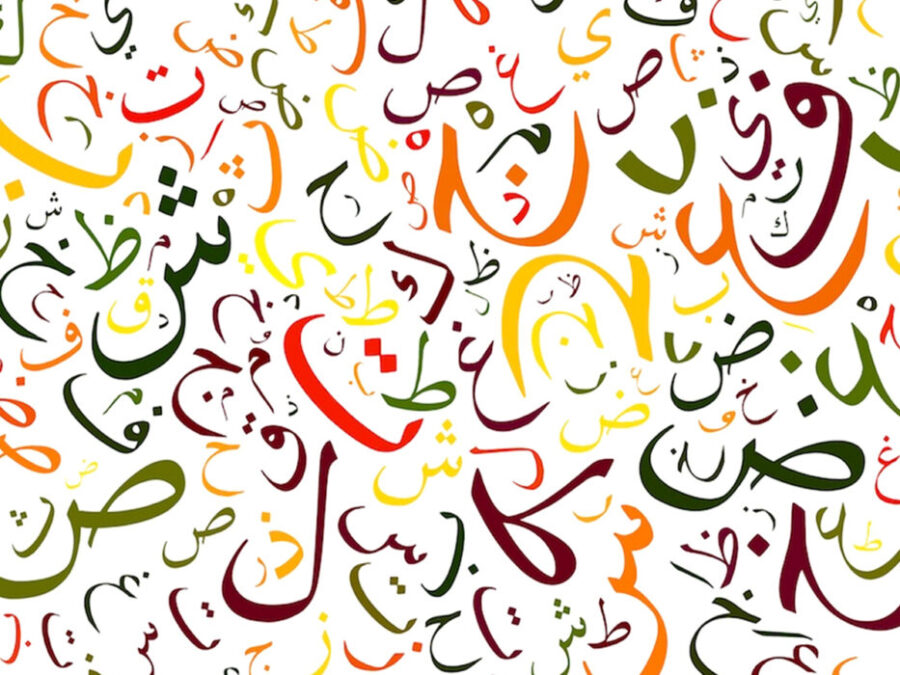Delhi: Large Crowd gathered in Delhi last week to attend ‘Jashn-e-Rekhta’_ an Urdu language literary festival. The fest took place after a three years hiatus due to te Covid-19 pandemic. Thousands of Urdu language enthusiasts attended the three day event.
One of the attendees of the event, Jaspareet Singh was an Urdu scholar, doing his PhD research in the language. The enthusiasts poured i from different parts of the country to attend the event.
But despite hype around the festival some say Urdu is dying in India. One of the participants mentions that those who inherited the language from their ancestors only they understand the importance of this language. The younger generation don’t take any interest in knowing the language and the history.
In India Urdu is often viewed as an outsider’s language. The Hindu right wingers consider it the language of the Muslims. While people in general in India consider associating language with religion should not occur, but said they cannot deny that ‘it is not happening’.
If you associate Urdu with Muslims, Hindus or Sikhs, then Hindi will become the language of Hindus and Punjabi the language of Punjabis. Going by this criterion all languages will be confined to their respective states and eventually communication among people will become difficult. The scope of the language is vast and one cannot look it in isolation.
Urdu language lovers remain hopeful that the language will survive in India, saying its a fact that Urdu has been there for a long time and it will continue to exist and that no one will be able to erase it in future.
Linguists share a similar view. Public events create a lot of interest in the language . For example, there are events like Mushairas, Dastangoi and Qawali, that create interest among people. Because of its mellifluousness, literature and culture, Urdu will remain alive. Those who want to give it unfair treatment or try to erase it will fall short.


